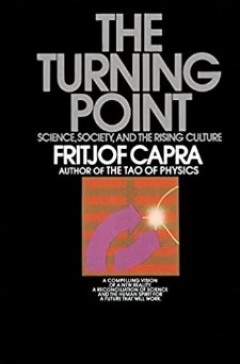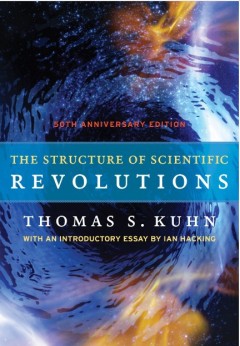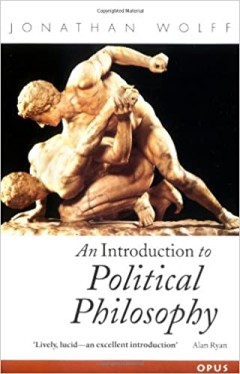Ditapis dengan

The Turning Point : Science, Society, and The Rising Culture
The dynamics underlying the major problems of our time—cancer, crime, pollution, nuclear power, inflation, the energy shortage—are all the same. We have reached a time of dramatic and potentially dangerous change, a turning point for the planet as a whole. We need a new vision of reality, one that allows the forces transforming our world to flow together as a positive movement for social ch…
- Edisi
- First Published
- ISBN/ISSN
- 0-553-01480-3
- Deskripsi Fisik
- 464 pgs.; 23 cm.
- Judul Seri
- -
- No. Panggil
- 501 CAP t

The Structure of Scientific Revolutions
A good book may have the power to change the way we see the world, but a great book actually becomes part of our daily consciousness, pervading our thinking to the point that we take it for granted, and we forget how provocative and challenging its ideas once were—and still are. The Structure of Scientific Revolutions is that kind of book. When it was first published in 1962, it was a landmar…
- Edisi
- First Published
- ISBN/ISSN
- 0-226-45804-0
- Deskripsi Fisik
- xii + 210 pgs.; 23 cm.
- Judul Seri
- -
- No. Panggil
- 501 KUH s

Lectures On The History Of Political Philosophy
Constantly revised and refined over three decades, Rawls's lectures on various historical figures reflect his developing and changing views on the history of liberalism and democracy. With its careful analyses of the doctrine of the social contract, utilitarianism, and socialism, this volume has a critical place in the traditions it expounds.
- Edisi
- First Published
- ISBN/ISSN
- 978-0-674-02492-2
- Deskripsi Fisik
- xix + 476 pgs.; 23 cm.
- Judul Seri
- -
- No. Panggil
- 320.01 RAW l

An Introduction To Political Philosophy
What would life be like without the state? What justifies the state? Who should rule? How much liberty should the citizen enjoy? How should property be justly distributed? This book examines the central problems involved in political philosophy and the past attempts to respond to these problems. Jonathan Wolff looks at the works of Plato, Hobbes, Locke, Rousseau, Mill, Marx, and Rawls (among ot…
- Edisi
- First Published
- ISBN/ISSN
- 0-19-289251-7
- Deskripsi Fisik
- x + 237 pgs.; 19,5 cm.
- Judul Seri
- -
- No. Panggil
- 320.01 WOL a

Alasdair MacIntyre, Charles Taylor, and The Demise of Naturalism
Today the ethical and normative concerns of everyday citizens are all too often sidelined from the study of political and social issues, driven out by an effort to create a more “scientific” study. This book offers a way for social scientists and political theorists to reintegrate the empirical and the normative, proposing a way out of the scientism that clouds our age. In Alasdair MacIntyr…
- Edisi
- First Print
- ISBN/ISSN
- 978-0-268-10064-3
- Deskripsi Fisik
- ix + 142 pg.; 23,5 cm.
- Judul Seri
- -
- No. Panggil
- 146 BLA a
 Karya Umum
Karya Umum  Filsafat
Filsafat  Agama
Agama  Ilmu-ilmu Sosial
Ilmu-ilmu Sosial  Bahasa
Bahasa  Ilmu-ilmu Murni
Ilmu-ilmu Murni  Ilmu-ilmu Terapan
Ilmu-ilmu Terapan  Kesenian, Hiburan, dan Olahraga
Kesenian, Hiburan, dan Olahraga  Kesusastraan
Kesusastraan  Geografi dan Sejarah
Geografi dan Sejarah